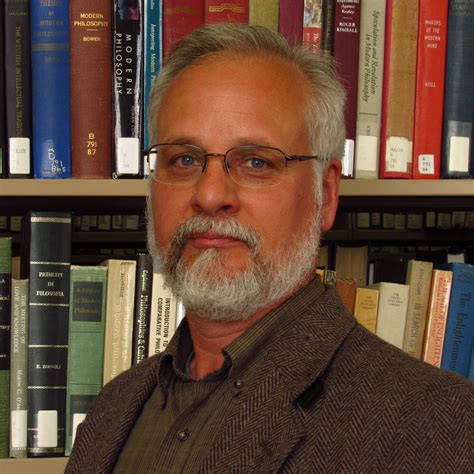A Quote by Antonin Artaud
[Nietzsche's] definition of cruelty informs Artaud's own, declaring that all art embodies and intensifies the underlying brutalities of life to recreate the thrill of experience ... Although Artaud did not formally cite Nietzsche, [their writing] contains a familiar persuasive authority, a similar exuberant phraseology, and motifs in extremis.
Related Quotes
I rather shared Nietzsche's conception of the kind of individual that an ideal education should be cultivating. 'Authenticity' is not Nietzsche's term, but as used by some existentialists, it nicely captures what Nietzsche admired - the resolve of an individual person to forge his or her own 'table of values', to be emancipated from strait-jacketing conventions, traditions, and ideologies. As embodied in the 'Overman', authenticity is the antidote to 'bad' nihilism.
Like Nietzsche's own writings on education, most of mine were relatively youthful ones. Both were inspired by a critical animus against prevailing trends in education: in Nietzsche's case, the production either of 'useless', dry-as-dust scholars or people 'useful' for the needs of an expanding industrial economy; in my case, a similar subjection of education to economic imperatives, but also to ideological obsessions, notably with promoting 'equality'.
The life of West, Nietzsche said, is based on Christianity. The values of the West are based on Christianity. Some of these values seem to have taken a life of their own, and this gives us the illusion that we can get rid of Christianity and keep the values. This, Nietzsche says, is an illusion...Remove the Christian foundation, and the values must go too.
In the helter-skelter of this book, I didn't develop my views as theory. In fact, I even believe that efforts of that kind are tainted with ponderousness. Nietzsche wrote "with his blood," and criticizing, or, better, experiencing him means pouring out one's lifeblood. It was only with my life that I wrote the Nietzsche book that I had planned.
To avert the danger [posed by theory] to life, Nietzsche could choose one of two ways: he could insist on the strictly esoteric character of the theoretical analysis of life - that is, restore the Platonic notion of the noble delusion - or else he could deny the possibility of theory proper and so conceive of thought as essentially subservient to, or dependent on, life or fate... If not Nietzsche himself, at any rate his successors [Heidegger] adopted the second alternative.



































